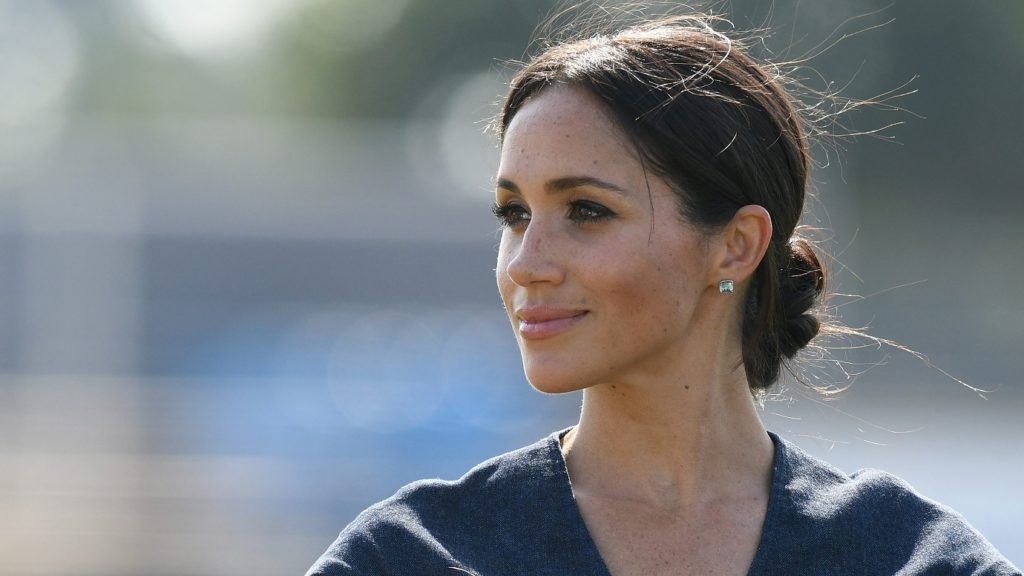Like many others, I watched the recent Meghan Markle interview and read the analysis in the aftermath.
Despite being a republican, I remember how hopeful I felt when she first entered the royal family. It meant something to me that a biracial woman could (seemingly) be accepted by that particular institution with its colonial history. And so, hearing her talk about her experiences of racism so directly, and the references to the colour of her son’s skin, and the subsequent impact on her mental health was difficult and jarring.
I haven’t always felt comfortable in my brown skin. Having never lived in the country where my parents were raised, I remember travelling there as an adult and for the first time really noticing how – for lack of a better word – comforting it felt to look around me and see a sea of melanin. Like some part of me could just exhale. At the same time I was acutely aware of how foreign I appeared to them, with regards the way I dressed, spoke and carried myself.
Immigrating to Melbourne at the age of 8, and entering grade 3 at an outer eastern suburb primary school, I was very aware of being different. I can still feel that awkwardness now, of trying to fit it, but not quite knowing how.
I recall several instances of racism directed at me, some of which didn’t make much sense. Example A, being called a Magpie. I never quite figured that one out, but it was made clear to me that it was to do with being black (I’m brown, but he was 8 so…)
Example B, on a walk home from high school, having an Indian accent mocked by a much younger kid and being asked if I was going to eat some curry that night (answer was likely yes – although the word curry in itself is an extremely reductive way to describe the many delicious meals my family cooked).
Other more subtle instances of racism occurred throughout the years. In Year 12, on a day when all the girls were dressed out of uniform, I recall glancing either side of me and seeing girls dressed in shorts and skirts and yet it was only my body, in its fairly conservative singlet and jeans, that received disapproving looks from one of my teachers.
I was asked ‘Aren’t you cold?’ Somehow I had stood out, despite being expected to stay hidden. I have since read much about the sexualisation of black and brown girls’ bodies from a young age. I didn’t have the knowledge or voice to speak up to that teacher about it at the time, and instead I felt deeply embarrassed to be singled out.
Now, in my mid thirties, in my northside Melbourne bubble, I don’t experience racism day to day but I am reminded of it daily.
One example is in the lack of adequate representation I witness. I have often sat at interviews, nervously looking at the panel and not seeing myself represented. I could count on one finger the number of interviews I’ve participated in where there has been a brown person on the panel. I got that job. I missed out on many, many more. I’m not drawing a direct line, but I am adding my story to the many, many others that echo similar experiences.
Last week my son and I were at a local playground. His gaze fell on a black teenage girl sitting on a park bench. “She has brown skin”, he said, with his typical 2 year old directness. I replied: “Yes darling, she has dark brown skin. I have brown skin, you have brown skin too”.
I wondered if the books we read and the children’s shows we watched together had more cultural diversity, would he still have stared in amazement at this girl?
Today I went to a progressive independent bookstore and I searched for children’s stories that I thought he would perhaps connect with. Aside from their section on First Nations stories, I saw very few books with anyone that looked like him, or like me, on their pages.
Rifling through the ‘You are going to be a big brother!’ books, I couldn’t find a single one without a white family. I left purchasing a book on brothers, which isn’t exactly what I was looking for, but at least I could see representation of people with different abilities, different melanin counts, and other minority groups included.
I want to talk to our son about where he comes from, about who he comes from, and about what being an Australian of Polish and Indian origin means.
I want to teach him about race and culture. I want him to see himself represented; in places like the media, in boardrooms, in leaders of healthcare, and in politics. I can sense things changing, slowly. While I couldn’t see his story represented in the children’s books I looked at today, maybe one day we’ll write one ourselves.


